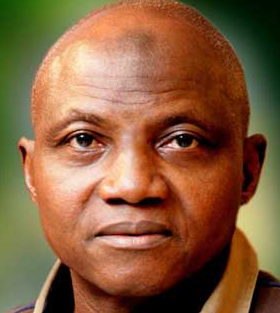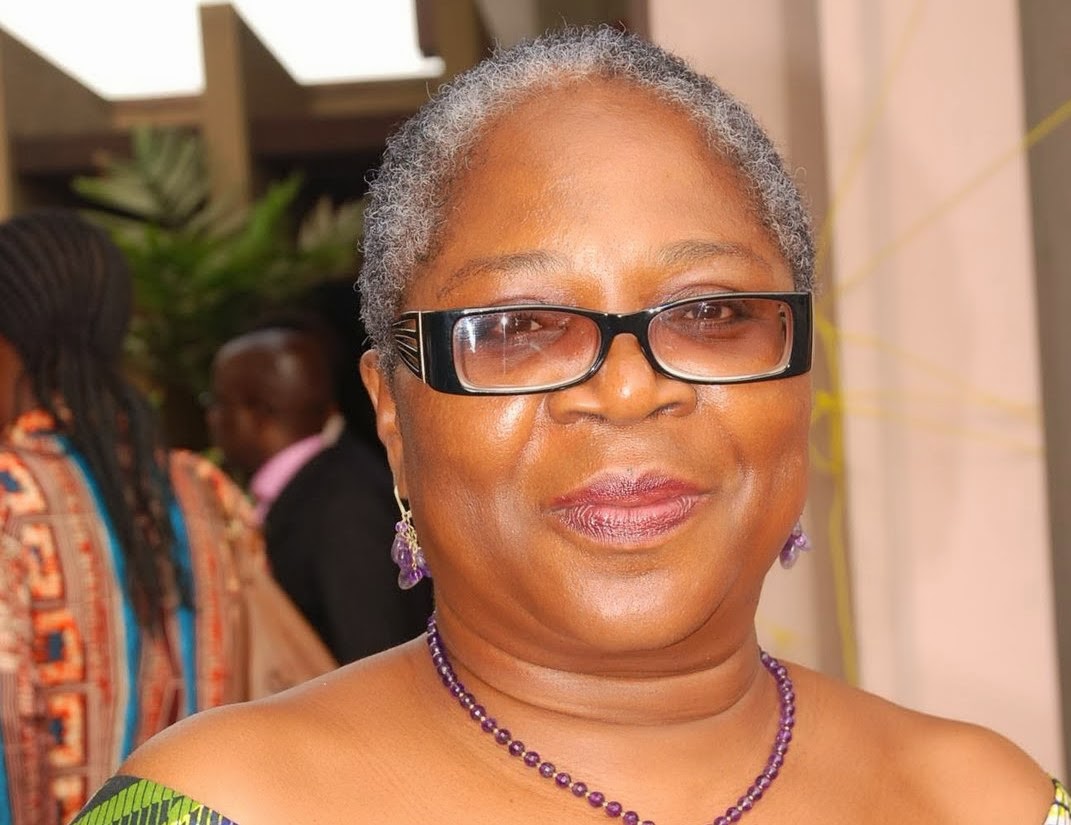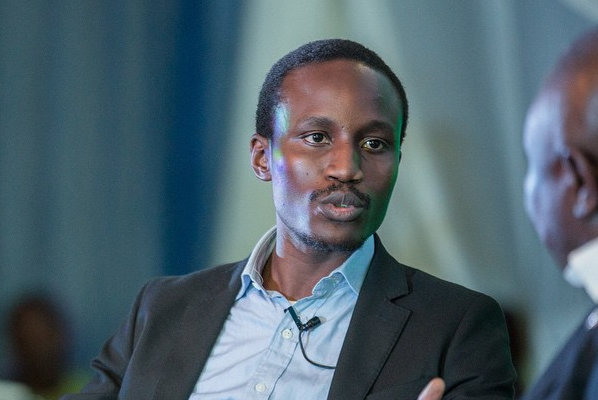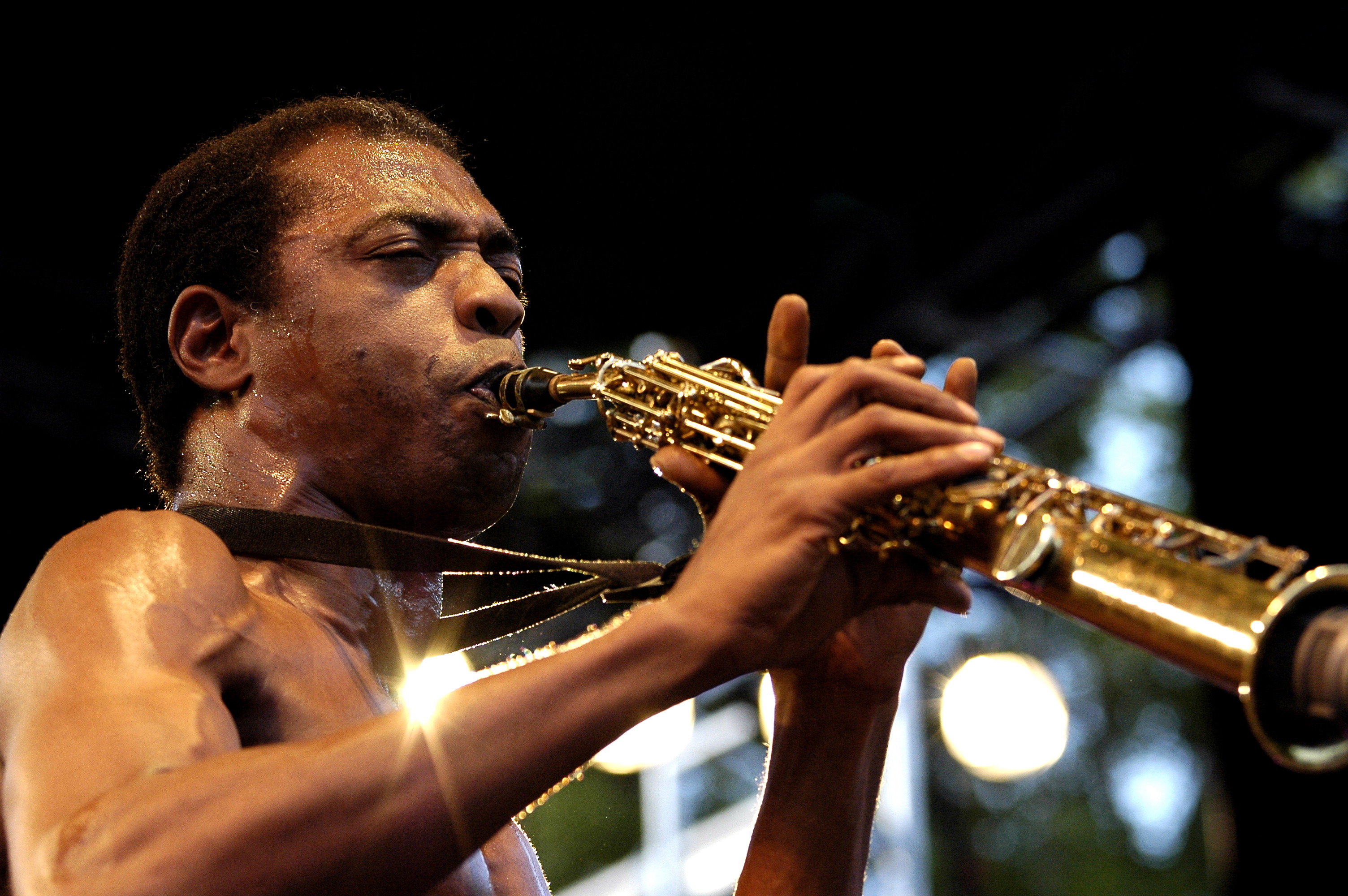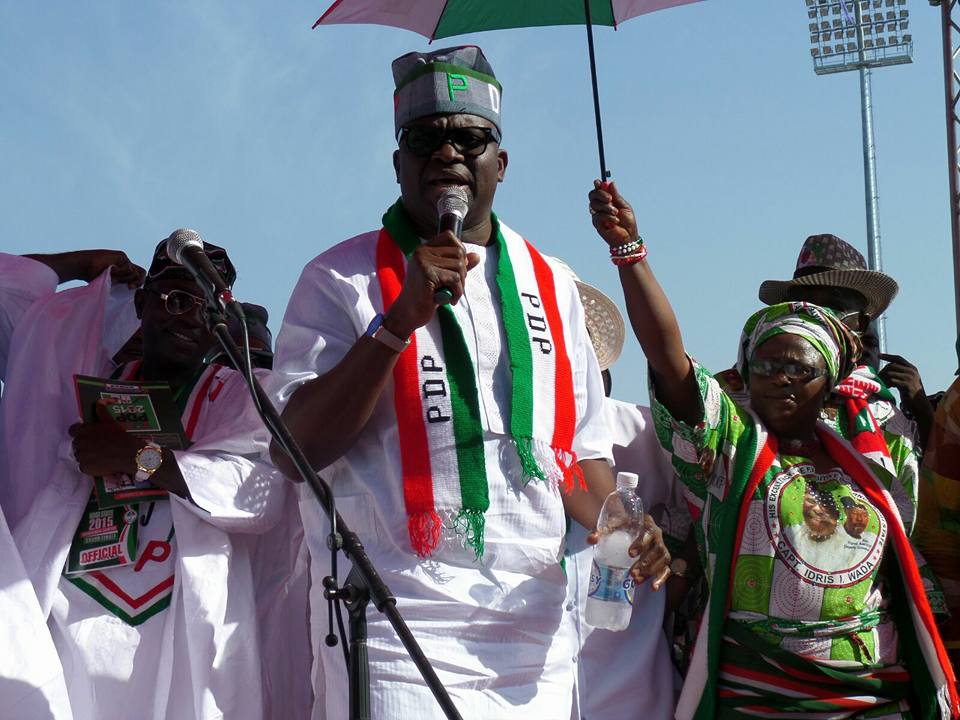With the urgent task of resettling the more than two million refugees, mostly women and children on his mind, and at hand, the more urgent one of rebuilding damaged infrastructure such as roads, bridges, clinics, schools as a requirement for their return to their communities, President Buhari leaves for the Middle-East on a wee tour of three friendly countries.
Why Egypt, Saudi Arabia and Qatar?
President Buhari is on schedule to attend the “Africa 2016: Business for Africa, Egypt and the world” from the 20th – 21st of February in Sharm el Sheikh, Egypt.
The organizers say the primary objective of the Forum is to accelerate private sector engagement and investment within Africa. It is also to help develop new ties and partnerships, and to highlight the African opportunity. This meeting is seen as the African international business forum to attend for those concerned with doing serious business in Africa, “the world’s last investment frontier.Indeed, Africa 2016 will provide the platform needed for public and private sector to network, discuss, and further advance African business.”
Advertisement
My interlocutors suggest that Egypt used to be one the closest countries to Nigeria on the continent. The region had been ignored by the previous government.
This visit marks the first substantive engagement between the two African giants. The President’s visit should hopefully build on the ashes of the old relationship and pave the way for transformed ties.
Why would the President not send a delegate, say a Minister to represent him?
Advertisement
In today’s compacted, globalist world diplomacy has become more personal. Leaders everywhere are on the move.
Just a few days ago, our President was with the British Prime Minister David Cameron who hosted a meeting on Syria.
The next day, while the three dozen or so foreign leaders he called to this meeting were still in the United Kingdom, Cameron left for Poland and thereafter, Germany.
In 2015, Indian Prime Minister Narendra Modi visited 29 countries on five continents.
Advertisement
Leaders are on the move because they don’t have the luxury of time in dealing with matters of importance at most of the times. A minister can meet foreign leaders on behalf of his nation, but his final answer would say, at best, “You will hear from us after I make my report.”
The President of a country is the final authority on any issue in international relations. A presidential visit is the highest track of diplomacy. Nothing can be more authoritative than hearing from the Head of State.
Equally important is the need for Nigeria to assert her relevance in global affairs.
We all recall with nostalgia the days of General Murtala Ramat Mohammed as the military Head of State.
Advertisement
Murtala made Nigeria to be heard and known all over the world as a no-nonsense, progressive, principled and confident nation and this paid off very well for both the citizens and the state. This remained the case until the decline set in some years after his demise.
The country has started well under President Muhammadu Buhari.
Advertisement
What does Nigeria seek to gain in the Middle-East?
The first thing on President Buhari’s engagement in Egypt is business, then followed by the issue of security. Terrorism is a serious issue for Egypt and it has become an urgent issue for Nigeria, to be dealt with before it gets even bigger. Egypt is perpetually a crisis state, if one can describe them as such. This has given them decades of hands-on experience dealing with extremism and terrorism. The President will talk to them on counter-terrorism.
Advertisement
It has become increasingly clear that the problem of terrorism is cross border and its solutions must equally be cross border. It requires cooperation with other countries.
Right now Nigeria’s priorities, and they must necessarily be so, are internal and basically, a tripod of three issues as identified by President Buhari’s election campaign: security, economy and corruption . This country needs peace and stability. Without these, there cannot be investment and development. Although as many will argue, these priorities are domestic, it is not difficult to see that there is an external impact or impetus to be dealt with the help and support of other nations.
Advertisement
Egypt has equally got a relatively developed military-industrial complex.
Not long ago, President Buhari bemoaned the situation in which Nigeria bought nearly every item on its inventory list of weapons and ammunition. This is a very awkward situation, posing a real threat to the security and defence of Nigeria.
In the light of this, he has been thinking in terms of upgrading the facilities at the Defence Industries Corporation, DIC in Kaduna, to move the country in the direction of self-sufficiency in personal weapons and other basic armaments.
There is also significant room for improvement of infrastructure and trade between the two states.
Let us talk about Nigeria-Saudi Arabian relationship and hopefully, provide a context to the visit to the Kingdom. Recently, the President had a high level visit to the United Arab Emirates. The visit was a thumping success, in the course of which he covered a broad range of issues. The reconstruction of infrastructure and the resettlement of internally displaced persons in the North-East was one of the topics. Assuming all things are equal, the one big difference that the Saudis will make is that their government, less constrained by shortage of resources would unleash a massive infrastructure plan for the damaged parts of North-Eastern Nigeria. That in itself will make a significant difference to the lives of the more than two million homeless Nigerians, sixty to seventy percent of whom are women and children.
Given the large muslim population of Nigeria, warranting the second largest delegation to the annual Hajj pilgrimage to Saudi Arabia, Nigeria has had a significant but hardly beneficial relations with the Saudi Kingdom.
Beside the many Nigerians who go on pilgrimage to the country, we share a lot with them in the fact that we have our economies dominated by oil.
When they meet, President Buhari will make the Saudis see the problems of the world oil market from the point of view of Nigeria.
As Iran begins its march back to normalcy following the lifting of economic sanctions related to its nuclear program imposed by the US, EU and the UN, the volatile world oil market has taken a turn for the worse on fear of increased supplies. This has come with severe consequences for countries like Nigeria and Venezuela. Saudi and Russian competition for the domination of the market has in part been blamed for the collapse of the World oil market.
These big producers must understand the current situation of countries like Nigeria if any action will be taken to prevent a further fall in the oil market.
Many in our diplomatic strategy section see this as a low-hanging fruit which we failed to pluck due to our own fault.
While the President is a strong believer in home-grown solutions to our domestic problems, he is not one to ignore a helping hand voluntarily offered by willing, friendly states.
He recognizes that we are a country of youth, considering that 60-65 percent of our population is formed by them.
As he keeps saying, the joblessness of the youth is the next most volatile threat to the nation after Boko Haram. Our young people need jobs. The government is already overstretched and our private sector cannot be burdened more than necessary so we need foreign companies to come in to create the job opportunities.
In addition, the country is in need of investments in agriculture, power, solid minerals and other infrastructure. We don’t have the money to do all these in view of the fall of oil prices.
While it is a fact that a lot of countries spend enormous amounts in charitable giving, Saudi Arabia, Qatar and the UAE rise above many others. The North-East must be put on their radar.The President has been keen always to draw the attention of the world to the massive effort required to restore damaged infrastructure and resettle the two million IDPs in the North-East. It will not therefore be out of place for him to seek the help of the friendly Middle-Eastern countries.
Today, a great deal of our resources is spent on war against terrorism. If we close this chapter by ending the insurgency, needed resources will be freed for national development programs.
More than any other gain, Nigeria would hope to establish enduring agreements with the three countries to facilitate the exchange of needed intelligence on extremist movements and terrorism. This could be helpful in discovering the origin and sources of continuing inflow of resources to terrorists in the Lake Chad Basin area despite what many say is a formidable blockade around the Sambisa forest in which the terrorist are holed up.
Going to Qatar straight from Saudi Arabia would seem like a natural progression in terms of the pursuit of our national objectives in the Middle-East.
In addition to everything else, this country is reputed to be a big player in the Islamic Development Bank, IDB which should hopefully join the World Bank in voting a significant amount of money for the reconstruction of the North-East. The World Bank has already committed itself to spending USD 2.1 billion to rebuilding the region.
Qatar which made advances in the development of solar power and other renewable sources of energy may, in addition to keying into the reconstruction of the North-East also be persuaded to make investment of a serious nature in this country’s power sector.
As is usual with President Buhari, his visits abroad are not like a citizen’s vacation abroad. All his visits are according to plans taking into consideration advice from officials in the defence, foreign affairs, trade and investment departments of government.
Typically, these visits are marked by back-breaking schedules from start to finish.
In the Middle-East as in other regions he has visited, the aim is to project a respected and well-placed Nigeria; a country of good people under a good leadership in the hope of attracting foreign investment which in turn leads to economic development and job creation which then lead to improved life-styles, security of life and property, better infrastructure and better services for the benefit of the citizens.
Add a comment
